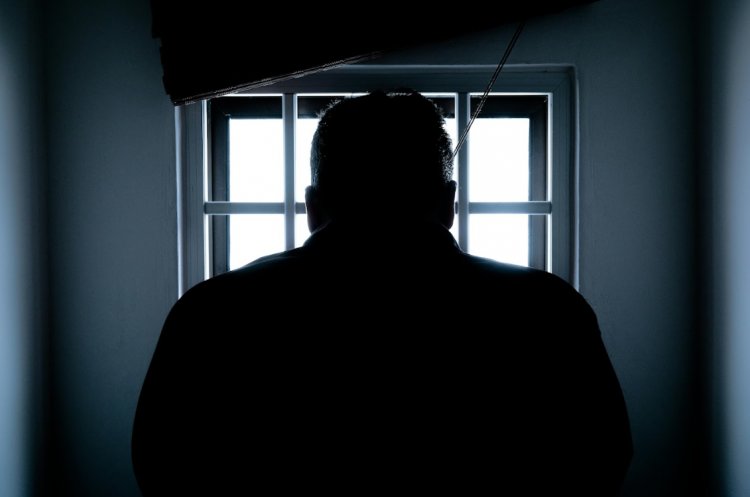Bangladesh’s Digital Security Act, enforced in 2018, criminalizes expression and press, resulting in 433 imprisonments and 100 journalists sued, violating human rights and privacy.

Bangladesh’s Digital Security Act, enforced in 2018, criminalizes expression and press, resulting in 433 imprisonments and 100 journalists sued, violating human rights and privacy.
Comments